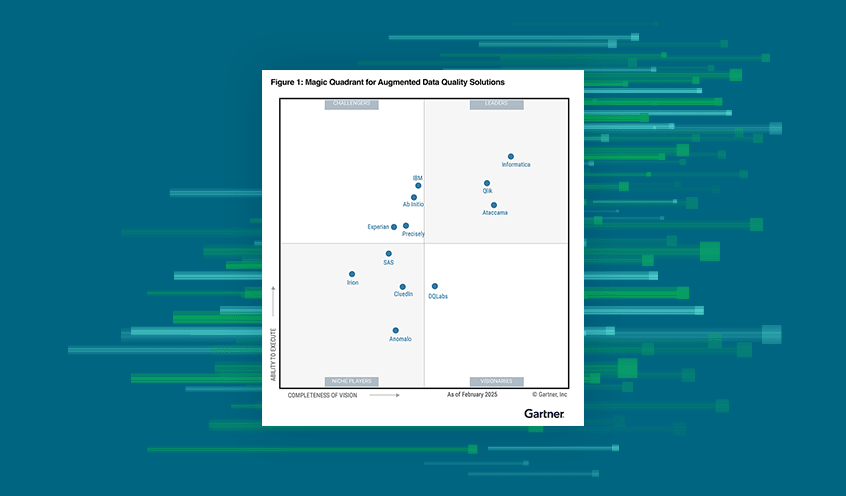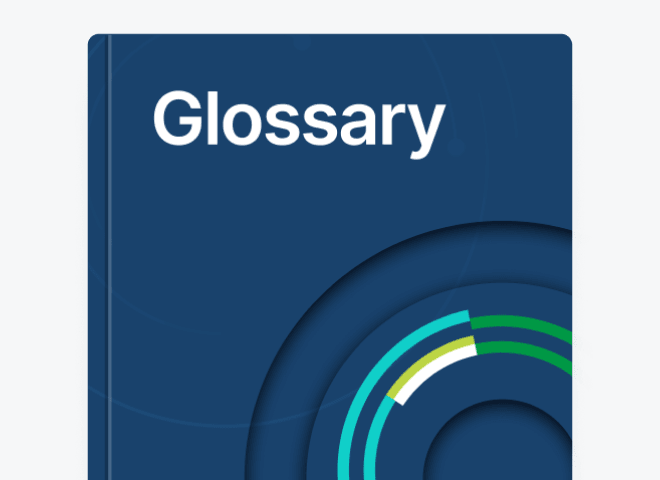Besides a few initiatives, global efforts to address the unprecedented challenges and opportunities presented by AI remain fragmented. The recent "AI Safety Summit" provided a crucial opportunity to emphasize the importance of international perspectives to fully tap into AI's potential. It has helped guide the conversation around responsible AI development and governance, ensuring the benefits of AI are maximized while mitigating its risks. But why are international forums such as these so critical for us to excel in this regard?
Truly Diverse
Global events such as the AI Safety Summit can become pivotal platforms that bring together policymakers, industry leaders and academics from around the world. Significantly, they enable the amalgamation of diverse viewpoints, fostering a holistic approach to AI governance. With the two Summits taking place in London and South Korea, a range of global voices and regional groupings have been given a platform to shape AI discourse. Integrating international perspectives underscores the necessity of a united front in addressing AI's complex challenges, which goes beyond the usual inflation of the Silicon Valley agenda.
But there is still a need for more inclusive dialogue that incorporates voices from underrepresented regions and sectors. AI governance should reflect the diverse community it impacts, ensuring that policies are equitable. This means not only inviting diverse participants to the table but also ensuring they are heard and included in policy decisions. Beyond government-level events, this responsibility lies with businesses too, which is why I was excited to see such diversity of thought at the recent Qlik Connect event in Orlando.
As the president of the AI Asia Pacific Institute, which is committed to strengthening Asia-Pacific economies through the responsible development and adoption of AI, I have witnessed firsthand the transformative potential of AI when harnessed effectively. The diversity of experiences and insights that different regions bring to the table is invaluable in crafting policies that are both robust and flexible.
Proactive Approach to Governance
Despite the progress made in AI governance, significant gaps remain in the international policy discourse. Current frameworks often lack the flexibility to adapt to the fast-evolving landscape. Soon after generative AI’s recent breakthroughs, we saw universities, industries and governments blocking the technology. The potential risks spoke louder than the benefits. There is a pressing need for policies that are not only reactive but proactive, anticipating future challenges and opportunities.
One of the critical missing ingredients is a comprehensive, universally accepted set of ethical guidelines for AI development and deployment. While several organizations have proposed ethical frameworks, there is no global consensus, leading to fragmented approaches. This lack of uniformity can hinder international cooperation and create regulatory loopholes. This fragmentation is exacerbated in regions that do not typically have a ‘seat at the table.’ Many countries are still grappling with the foundational aspects of AI policy so that they can fully tap into AI’s potential while mitigating potential risks.
In lieu of a global ethical framework, organizations have a responsibility to ensure that governance is at the heart of AI development. As I heard at Qlik Connect, that all starts with the data that underpin it. As AI becomes increasingly integrated into critical sectors such as healthcare, finance and security, there must be stringent oversight to prevent misuse and ensure these technologies are used for public good. Current governance frameworks often fall short in this regard, lacking the necessary accountability, power and transparency measures.
Industry Leadership
Industry leaders play a pivotal role in shaping the future of AI governance. Their proactive involvement is crucial in bridging the gap between technological innovation and regulatory oversight. Companies at the forefront of AI development possess unique insights and capabilities that can drive the creation of robust, effective governance frameworks.
Qlik's AI Council is an example of industry leadership, establishing a dedicated resource focused on driving AI ethics and governance within the organization and for its customers using data as the foundation for AI initiatives. This council comprises experts from various fields, working collaboratively to address ethical concerns and promote best practices in AI deployment. Such an initiative highlights the importance of industry commitment to ethical AI and sets a benchmark for other companies to follow.
Industry leaders are not only responsible for developing cutting-edge technologies but also for contributing to setting standards and norms that guide their use. Their involvement in policy discussions ensures that regulations are informed by practical insights and grounded in the realities of AI implementation. This symbiotic relationship between industry and policymakers is essential for creating a balanced and effective AI governance ecosystem.
Putting Things into Practice
Although there are clear gaps in the current AI discourse that need plugging, these important meetings of minds can help create a more inclusive and effective AI ecosystem. They are an opportunity to harness the full potential of AI while ensuring that its development is guided by ethical considerations and aligned with broader societal goals.














































